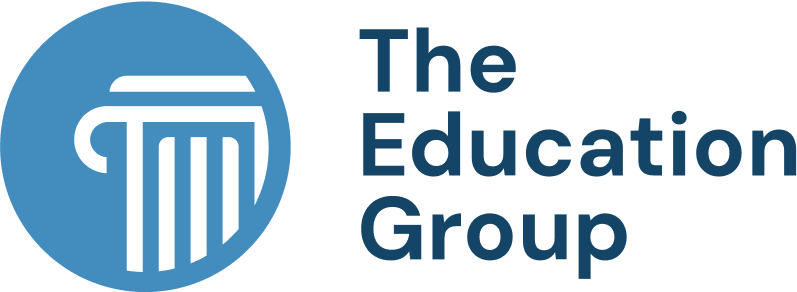Transitioning from Day School to Boarding School Leadership: Reflections
Throughout his extensive career in independent school education Jim Byer has served not only in a full spectrum of private school positions (most notably as headmaster of The Hun School of Princeton, NJ) but as a guidance and educational consultant, founding school member, and undergraduate professor. Here he reflects on the transition from day school to boarding school leadership.
Having had the experience of heading both day and boarding schools in my fifty-plus years in the education profession, I recall now that my first transition as a head of a day school to a residential school was pleasant but not easy – not easy, especially in terms of the time and emotional commitment necessary to be productive and successful.
Day schools and boarding schools of course have much in common, even more than one might think. Administrators and faculty both are responsible for dealing with similar student patterns of behavior, misbehavior, and ups and downs. In both kinds of schools, we are (or should be) involved in the full range of student’s academic pursuits and their involvement in athletics, arts, social events, and other activities.
However, what is different in boarding schools is the low-level, but pervasive awareness that students (and many faculty) are simply present 24/7. Their presence is for the most part joyful, and life often feels solitary during school holidays and summers when they leave. But the sense of responsibility for the lives and souls of so many is always there. Inevitably emergencies occur related to health, discipline, or personal matters in the evening hours and/or on weekends. The mental and physical preparedness for these situations is a necessary component of the job and one’s personal family members must be sensitive to new time and emotional commitments that the head of school must make.
All that said, knowing students (and faculty) so well in such an inclusive environment is significant. Having an “extended family,” along with one’s own personal family is unique among professions. Former students from a variety of backgrounds, countries, and states often have become good friends and valued contributors to their own respective communities. Knowing them as they mature and accept new responsibilities in their personal growth is among the greatest gifts I have received!
Transitions are sometimes difficult and challenging and this one from day to boarding school leadership is no different. The positives in such a move, at least in my case, far outweighed any negatives, and I am grateful for the opportunities that heading a school with a large residential population has provided me and my family.
